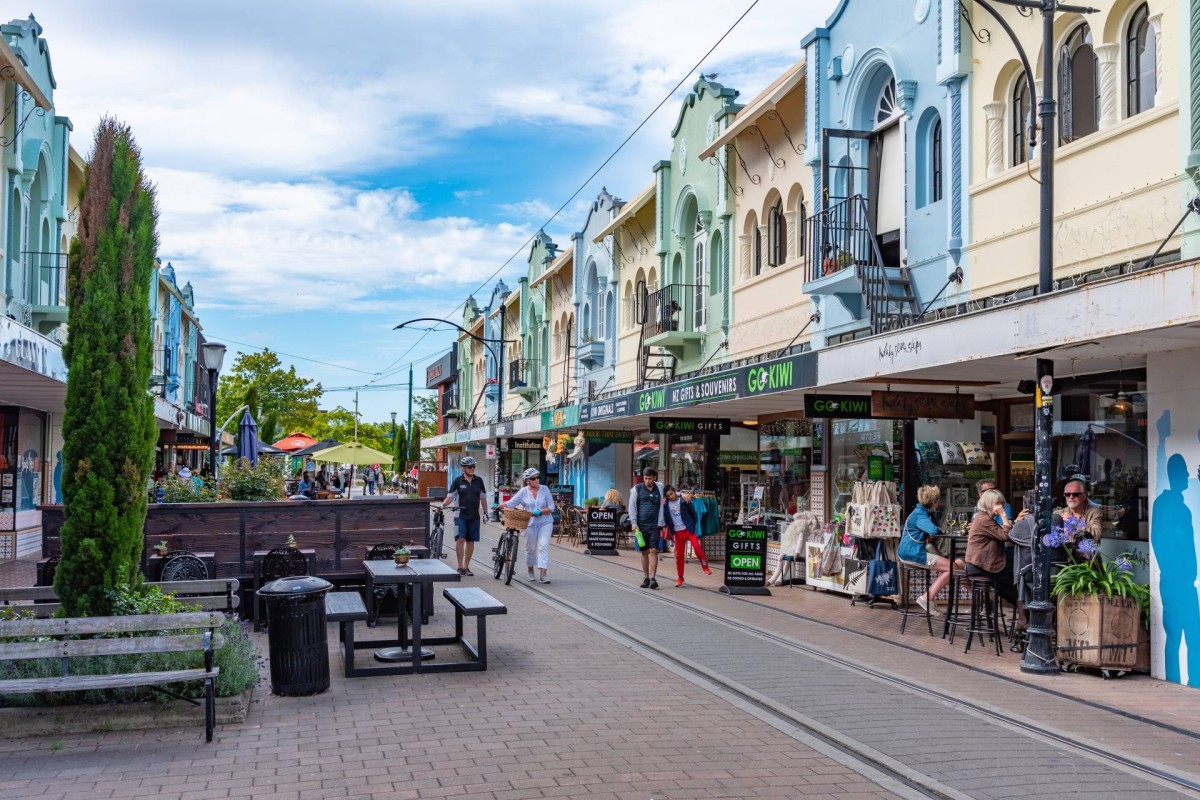Due to disagreement within the coalition government, ACC will no longer specifically target Māori and Pasifika manufacturing workers in a proposal aimed at preventing workplace injuries.
The Harm Reduction Action Plan (HRAP), developed in collaboration with the Employers and Manufacturers Association in 2023, originally included a tender to reduce 5,500 injury claims over the following decade.
Central to the plan were efforts to reduce harm among Māori and Pasifika manufacturing workers, groups disproportionately represented in hazardous industries, by 18% and 11%, respectively.
ACT criticises proposal as “race-based”
In April, the National and ACT parties clashed, with the latter labelling the proposed plan a “race-based” approach.
ACT leader David Seymour criticised the tender’s focus, arguing that government programmes should be universal rather than tailored to specific groups.
As part of the coalition agreement, the Government issued a Cabinet Office directive to all central agencies, including ACC, stating that public services should be prioritised on the basis of need, not race.
The directive also stipulated that agencies should not use ethnic identity or other forms of personal identity as a proxy for need, and therefore, not as a justification in itself for targeted services.
ACT MP Laura McClure argued the ACC tender was inconsistent with this circular.
Despite the removal of these specific targets, ACC and WorkSafe continue to collaborate on various programs aimed at improving workplace safety.
For instance, they are maintaining initiatives like the Puataunofo “Come Home Safely” educational programme, which is designed to engage and educate Pasifika people working in higher-risk industries, as well as kaupapa Māori approaches, such as the Te Kawa a Tāne alliance, particularly in sectors like forestry and manufacturing.
Critics’ concerns
Workplace advocates have expressed concern about the political intervention. Critics argue that removing ethnic targets undermines the ability to address systemic disparities in workplace injuries.
Māori and Pasifika workers are statistically more likely to be in physically demanding, lower-paid roles with higher injury risks. Targeted strategies, they argue, are a necessary step toward health equity.
Māori and Pasifika people experience some of the country’s worst health outcomes, including higher rates of chronic illness and lower life expectancy. These inequities are linked to longstanding barriers in access to healthcare, safe work conditions, and preventative services.
ACC officials have clarified that while the tender’s language has changed, their commitment to improving outcomes for vulnerable populations remains. Programmes with cultural grounding will continue, just not under government directives that specify ethnic quotas.
The Harm Reduction Action Plan is scheduled for an update later in 2025. At that time, ACC and WorkSafe are expected to reassess their priorities, potentially leading to further adjustments depending on political pressure and public feedback























